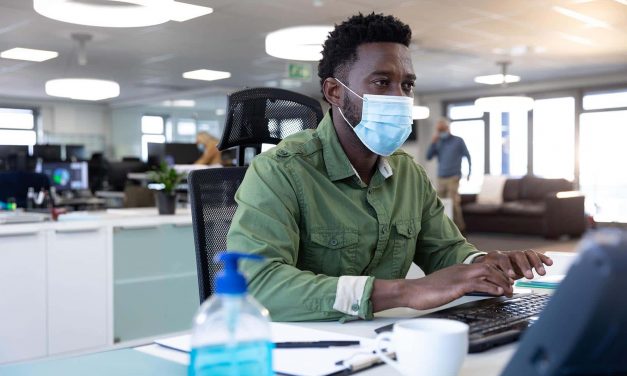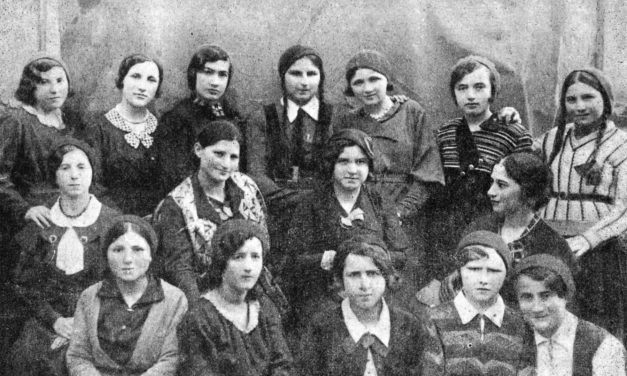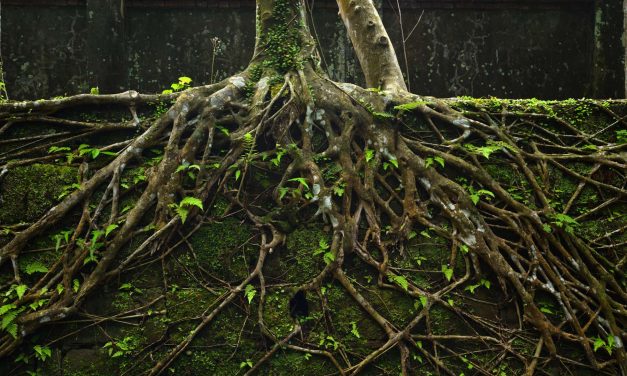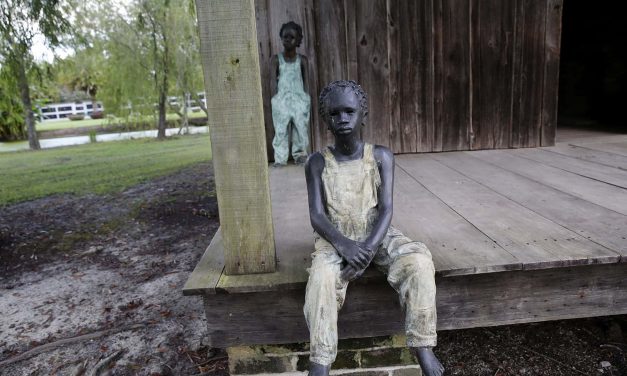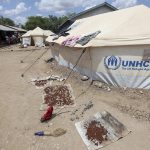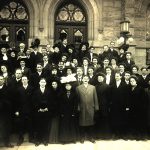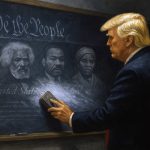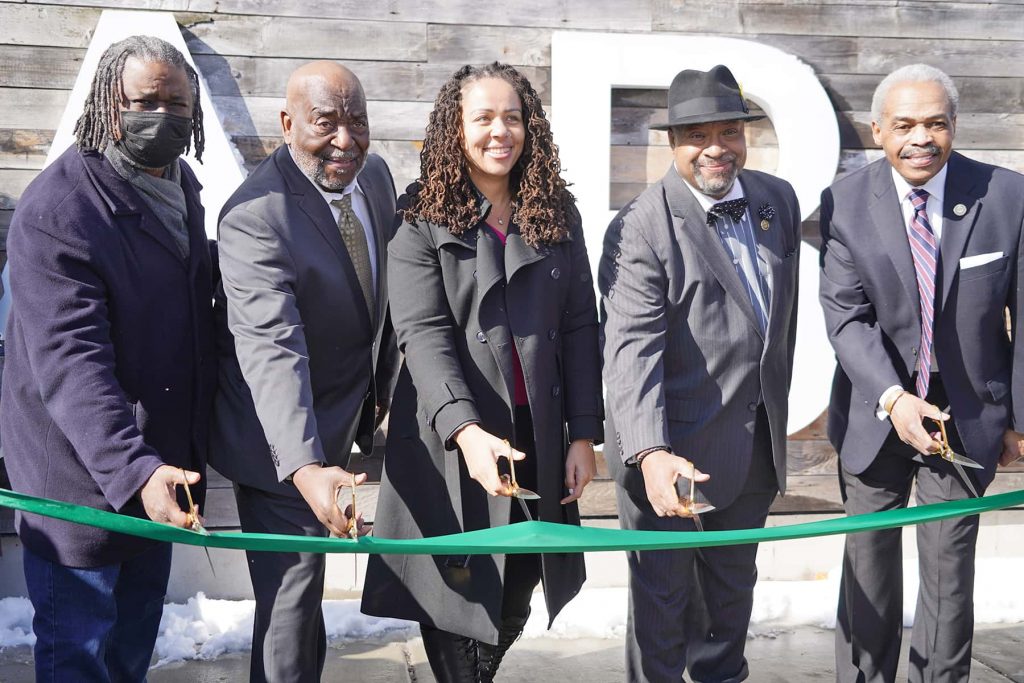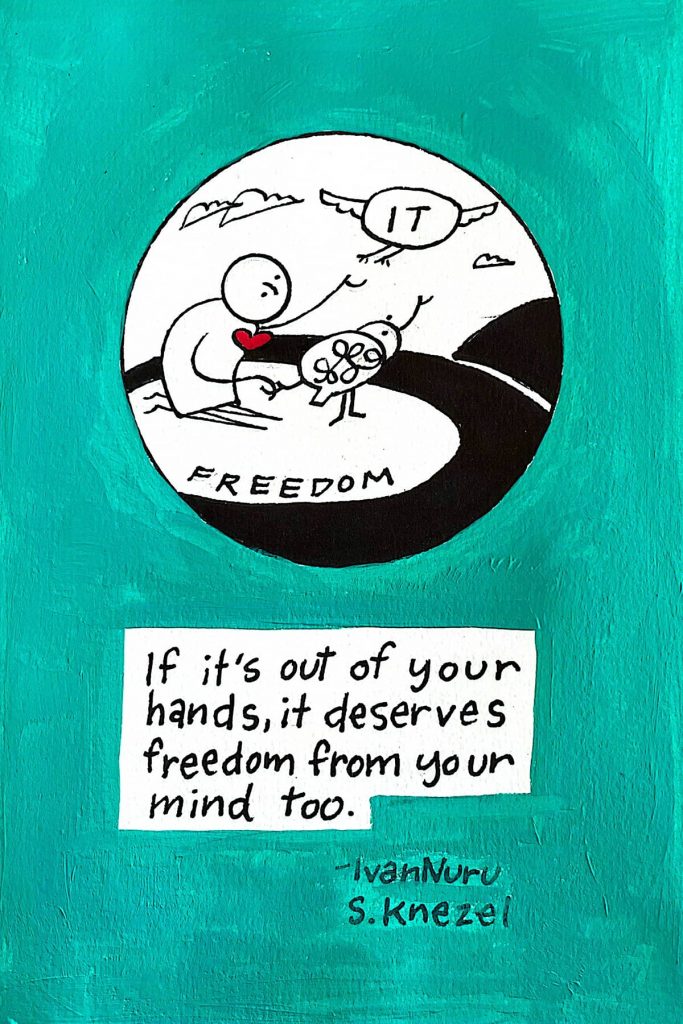Fear, change, and 2022: Why COVID-19 variants renew our anxiety of the pandemic and an unknown future
By Eli Sopow, Professor of Change Management and Organizational Behavior, University Canada West Omicron has renewed people’s fear of COVID-19, while at the same time starkly surfacing our other embedded fear … the fear of change. In looking at Google Trends, my research shows that at the end of 2021 people googled “fear of COVID” and “fear of change” at skyrocketing rates. This result projects an increasingly widespread Omicron-driven fear accompanied by an increasing and intertwined fear of change. As they inextricably entwine, fear of change and fear of COVID-19 are foreshadowing a year of intense “fight, flight and freeze.”...
Read More
